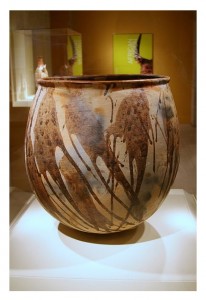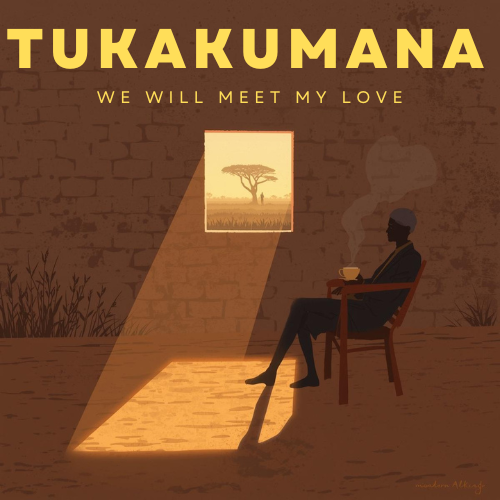Archeologist Refuses Gifts

Today I want to tell you what happened in Mansa. This world has things which surprise me.
My nephew, Chipasha James, works in Mansa as a school teacher. The last time I saw him was that time we went for his wedding 2 years ago.
In January this year they had their first child. They invited me for the baby naming ceremony. I was very happy to go.
Chipasha is my favourite nephew. He is very educated, but he does not forget his roots. He respects his elders. Some of his friends just choose a name for their children. They say they don't need old people to tell them what to do because they are living in the town. But not Chipasha. He knows that the blessings of his parents and his ancestors are important if you want to live a happy life.
When I went to visit him in Mansa, I took one goat as a present for them. On Saturday there was a big cermony. A lot of our relatives came. Some people came from the Copperbelt. I even met auntie na Chola (mother of Chola – Editor) from Mpika. I haven't seen her in five years.
On Sunday we went to Church before my journey to come back to the village. Now at the church we met some visitors. There was an American man and two American women.
The pastor said the ladies were teachers from America. The man was an archeologist. He was working in Kenya and other African countries. I didn't even know how to spell "archeologist" because that was the first time I heard of this job. We asked him what he does in his job. He told us that he goes in the forest with his team where there was a village before, and they dig for things that are buried in the ground. That is how they find out what kind of life the people lived in that village.
He even showed us some pictures of what they did in a village in Samfya. You can see that they are very interested in "ifishala". That is like the dust bin in the village where people throw broken pots and arrows. They were very interested in the broken pots made from clay.
They say they can spend months, and sometimes years just digging and sweeping with small brushes. They want to find all the small pieces.
I think this is a difficult job. Just digging you can't be sure about how people lived. So I suggested that if they come with me to our village they can meet our chief. He can show them the life in the village. Instead of waiting until all the pots are broken and thrown away, we can give them brand new ones. We can give them everything as a present. We can also explain how we use things. They can take pictures and it will make their job easy.
He laughed and said thanks you. But he refused because their job is to dig for old treasures.
We laughed because we thought his job was very strange.
Up to this day I am puzzled why archeologists don't want to take a short cut and make their job easy. Everybody I tell the story in the village is also very puzzled.
I think one day I will understand. It reminds me of the forest rangers. When we were young we called them "ba Kapenda Mabuula" ("Those who count leaves). For a long time, I believed that their job was to count leaves. When I went to live in Kitwe that's when a friend from Mwekera College explained to me what those people do. One day I will understand archeologists.
Before I finish, I want to talk to our young men and women. My son told me that our young people are going for training at the University of Zambia because they want to become archeologists. What I want to say to our young people is this: We, your elders are still around. Talks to us. Ask us what your want to know. Don't wait until we throw our earthen pots and we bury our rubbish. Visit your village and see how we live now. In Bemba we have a saying that's says that "Kabusha takolelwe bowa." (Loosely translated means: "He who asks questions avoids the mistake of unwittingly eating poison mushrooms" – Editor). We are here for you. Come and ask us and learn about your customs.
Thanks you.
_____________________________

